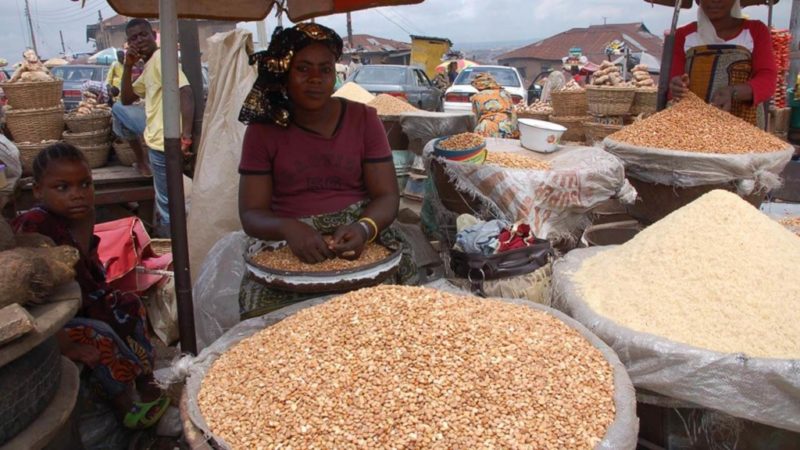The United Nations World Food Programme has said that Nigeria and 24 other countries are set to face devastating levels of hunger in coming months due to the fallout from the Covid-19 pandemic.
It said in a report released on Friday that while the greatest concentration of need is in Africa, countries in Latin America and the Caribbean, and in the Middle East and Asia including middle-income countries would also be ravaged by crippling levels of food insecurity.
Advertisement
Apart from Nigeria, other countries listed in the Report that would experience food shortage are Sierra Leone, Liberia, Burkina Faso, Mali, Niger, Zimbabwe, Mozambique, Central African Republic, Democratic Republic of Congo and Lebanon.
Also listed in the Report are Yemen, Iraq, Bangladesh, Venezuela, Haiti, Somalia, South Sudan, Ethiopia, Cameroon, Syria, Sudan, Afghanistan, Honduras, and El-Salvador.
The Report Titled ‘Early Warning Analysis of Acute Food Security Hotspots,’ compiled by the World Food Programme and the Food and Agriculture Organisation of the United Nations, stated that in Nigeria, the Covid-19 pandemic is likely to deepen social and economic hardship, further exacerbating an already dire food and
nutrition-insecurity situation.
The Report stated that pandemic’s rapid spread is putting additional strains on the Nigerian economy that was already impacted by the fall in oil prices.
Advertisement
This, it added, has further affected government revenues and foreign currency reserves, and increasing depreciation of the local currency.
The Report stated that the development would likely result in a rising cost of living and reduced purchasing power.
It added, “In North-Eastern Nigeria, where over 2.5 million people are currently internally displaced, the security situation continues to deteriorate as extremist militants expand activities, while in the
north-West of the country insecurity is being compounded by the consolidation of Islamic State and Al-Qaeda affiliates.
“According to Food Security Outlook June 2020 to January 2021, it
is unlikely that a famine is currently ongoing in inaccessible areas.
“However, famine could occur if there is a dramatic uptick or shift in conflict that isolates households from typical food and income sources, and Humanitarian assistance, for a prolonged period of time.”
Advertisement
To prevent multiple food crises resulting from the secondary impacts of the pandemic, and to safeguard people already suffering from acute food insecurity, the WFP said there is need to preserve and scale up critical humanitarian food, nutrition and livelihood assistance.
It called on goverment to adapt assistance activities to the Covid-19 operational context, and promote flexible financing, while also minimizing interruptions to critical food supply chains and ensure
the functioning and resilience of agri-food systems.



